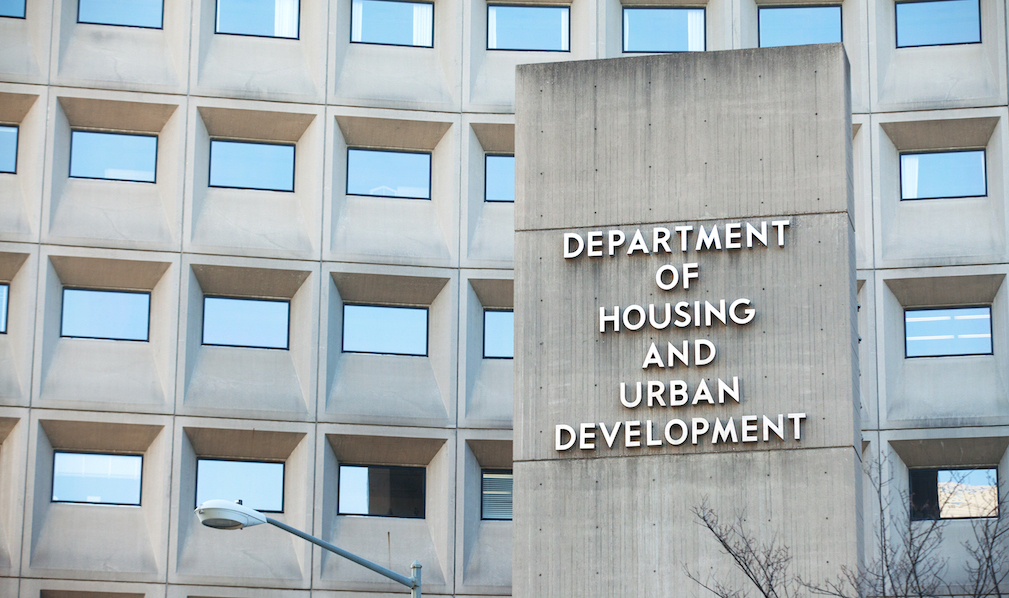The U.S. Department of Housing and Urban Development said Wednesday that it will continue moving forward in its effort to change a controversial Obama-era fair housing rule now that a federal court has struck down a challenge to the Trump administration’s moves.
A federal judge late last week dismissed a legal challenge to HUD's move to delay and change the Affirmatively Furthering Fair Housing rule, which established a federal requirement that local and state governments address segregated housing patterns in order to receive federal funding.
The lawsuit, which was brought by the National Fair Housing Alliance, Texas Appleseed, and Texas Low Income Housing Information Service, asked for a judge to require HUD to enforce the AFFH rule as originally established by HUD under President Barack Obama in 2015.
But the judge overseeing the case, Chief Justice Beryl Howell of the District Court for the District of Columbia, threw out the housing groups’ case, stating that they did not prove that they were harmed by HUD’s actions.
With a judge’s support in its back pocket, HUD is now vowing to continue with its changes to the AFFH rule.
“I am tremendously gratified that the Court agreed with HUD on all its legal arguments,” HUD Secretary Ben Carson said in a message to HUD employees.
“My approach to regulations is that they should work in practice and not just in theory,” Carson continued. “Fairness is baked into our DNA. Whether it’s making sure our regulations work in the real world, or challenging discrimination where we find it, HUD stands for fairness.”
The AFFH changes all started last year, when Carson said that HUD will look to “reinterpret” the AFFH rule. Then, in January, HUD announced that it was delaying the deadline for local governments to submit their fair housing evaluations by one year.
But delaying the fair housing evaluations, which were required as part of the AFFH rule, essentially “gutted” the AFFH rule, according to former HUD Secretary Julián Castro, who oversaw the rule’s announcement in 2015.
At the time, HUD said that the delay was due to technical issues with its Local Government Assessment Tool, a computer program that was supposed to be used by local governments to submit their relevant housing data.
HUD originally said that it planned to use the delay to fix the tool, but in May, just over five months after delaying the submission deadline, HUD killed the Local Government Assessment Tool altogether.
“Rather than helping local governments, this tool proved confusing, difficult to use, and frequently produced unacceptable results,” HUD said this week of the Local Government Assessment Tool.
Then, earlier this month, HUD announced that it would moving forward with its plan to “streamline” the AFFH rule by inviting comments from the public and industry participants on how best to enforce fair housing regulations.
According to HUD, its goal in pursuing this new rulemaking is to “offer more helpful guidance to states and local communities to effectively promote fair housing choice through the use of their federal funds.”
Specifically, HUD wants public comment on changes that will: “minimize regulatory burden while more effectively aiding program participants to meet their statutory obligations; create a process focused primarily on accomplishing positive results, rather than on analysis; provide for greater local control and innovation; seek to encourage actions that increase housing choice, including through greater housing supply; and more efficiently utilize HUD resources.”
And now, with a court’s backing, that effort will continue.






